If you’re thinking of buying a horse, it’s important to understand everything that owning these beautiful creatures involves. Horses are wonderful animals – but they require a lot of care. And owning one can be very expensive too.
Remember that the costs don’t stop when you buy your horse. You’ll need to budget for food, bedding, livery costs, veterinary care and farriers’ bills. And if you’re new to riding, you’ll want to pay for lessons too.
You may be thinking: I’ve done my sums. I’m ready to go ahead. Where can I buy a horse?
If so, you’ve come to the right place! We’re going to take you through your options, and help you decide on next steps. So if you’re ready, step this way …
1. Individual sellers
Sometimes a horse owner needs to put their animal up for sale. This can happen for a wide range of reasons. It’s important to do as much as possible to understand what those are before deciding whether to proceed.
In some cases, the sale will be the result of a straightforward change of circumstances. Perhaps the horse was ridden by a child who has now left home. Or perhaps the horse was suitable for a beginner rider who now wants to progress to a performance horse.
If this is the case, there are lots of benefits from purchasing the horse directly from the owner. They’ll be able to tell you everything about the animal’s history. There’s no middleman to pay. And if the owner thinks you’ll be the right fit for their horse, they may offer a very good price.
But there are less positive reasons for sales too. Perhaps the horse has behavioral issues or medical problems. Or perhaps they are difficult or even dangerous to ride.
This is, of course, a possibility with all horses, no matter where you buy them from. If you’re not experienced as a horseman or woman yourself, take someone who is with you to view the animal. A trainer will be able to assess any behavioral issues.
Most horse breed associations will have directories of accredited trainers. Alternatively, contact the Certified Horsemanship Association, who have an extensive database of certified professionals.
It’s also important to get a veterinarian to check the animal over before you finalize the sale.
A horse with medical or behavioral problems isn’t necessarily one to steer clear of. But it’s important to know what you’re getting into, and to be realistic about whether it’s the right animal for you.
If you’re interested in buying a horse from a private individual, there are lots of ways to find sellers. Many will advertise on online platforms, local publications or on bulletin boards at tack stores. Local trainers are also a good source of advice on potential sellers.
2. Rescue charities
Rescue charities can be an excellent way to adopt a horse, and to give them a new life. From racehorses that have finished their racing careers, to horses that have been rescued from abuse, charities provide new hope. And many rehabilitate horses and retrain them before allowing them to be adopted.
In some cases, you will need to pay a fee. In others, the horse may be free of charge. But make sure you’re going to a reputable charity, and expect to be vetted yourself. Responsible rescue groups will want to make sure their horses are going to good homes.
Do your research before you approach a rescue group. Check their website to find out about their policies, and visit their facilities. Speak to the people who work there, and check that they’re responsible, professional and well organized.
Other sensible precautions are the same as for any other horse purchase. Take a trainer or seasoned horse professional with you when you meet the animal. Rescue horses may be particularly prone to behavioral issues. And get the horse checked over by a veterinarian too.
A real advantage of adopting a horse through this route is that many rescue groups will allow you to take the horse on a trial basis. In fact, some may require you to do so for an interim period before they transfer ownership.
During that time, they may visit your property to carry out spot checks and ensure the horse is being well cared for. Some also require you to sign an agreement that you’ll return the horse to their care if you ever decide you no longer want it.
These may sound like bureaucratic obstacles. But they’re a good sign that the organization cares about their horses.
3. Wild horse adoption
Although not a sensible option for those new to horse ownership, wild horse adoption may suit experienced equestrians.
The US Bureau of Land Management regularly rounds up wild horses and burros living on undeveloped land. The animals are available for rehoming with individuals who meet certain requirements.
To adopt a wild horse or burro, you’ll need to be at least 18 years old. The animal must remain in the USA for a year after the adoption. You must not have any convictions for mistreating animals, and you must have facilities that meet certain requirements.
These include a corral space of at least 400 square feet for each animal adopted. There are also requirements for the height of the facility, and for shelter. You can find out more about what’s needed at the Bureau of Land Management website.
In addition to the Bureau’s program, there are separate programs for rehoming wild ponies from the Chincoteague and Assateague Islands. These rehome foals, who are auctioned each Spring.
The most important thing to recognize with wild horses is that they are not used to human contact. That means they will take a great deal of care, patience, and training before they can be handled. While foals may be easier to domesticate, it will be years before they’re ready to be ridden.
But if you’re an experienced horseman or woman, owning a wild horse can be both challenging and hugely rewarding. Just make sure you go into the relationship with your eyes open.
4. Horse dealers
Horse dealers take horses from auctions and private sellers and sell them on. They can be a good way of reducing the time you spend searching for your horse. But as with so many occupations, there are both ethical and unethical dealers out there.
If you’re looking for a horse dealer, try to find someone who has been used successfully by someone you know. Personal recommendations are a great way to separate good dealers from the not-so-good. Breed associations and trainers can also be a good source of advice.
As always, get the horse looked over by a trainer and veterinarian before you commit to the purchase.
5. Horse breeders and trainers
For horse breeders and trainers, selling horses is usually a key part of their business. For those looking to buy their first horse, trainers are often a better place to start.
That’s because breeders will typically sell younger horses. These include weanlings, between 4 and 6 months, and yearlings of a year old. Those horses will need careful training, which will be difficult for novice owners to manage on their own.
Trainers, on the other hand, are a good place to find older horses who are already trained.
These might include animals the trainer has purchased with basic training and then schooled to a more advanced level. And sometimes a trainer may want to sell a horse that’s been used for lessons. As long as they’re in good health, such horses can be an excellent choice for new riders.
Trainers also often act as middlemen for clients who have horses they want to sell.
As with horse dealers, look for trainers and breeders who come with personal recommendations. If you’re already working with a trainer you’re happy with, buying a horse from them can be a win-win situation.
The trainer will be able to advise on whether the horse will suit your skill level and riding style. And you’ll be able to work with a horse your trainer knows well.
6. Horse shows
A horse show is a great way to see how horses behave when they’re surrounded by noise and commotion. And if you’re looking for a performance horse, you’ll get a good idea of how they look in a show ring. But they’re not the easiest environment for first-time horse buyers to navigate.
If you visit a horse show, take your trainer with you. They will be able to advise on the horses on sale. And they’ll probably also have networks of breeders and other trainers you can tap into.
Now you know your options on where to buy a horse!
We hope our guide to the different options has helped answer the question of “Where can I buy a horse?” Whichever approach you choose, and however much – or little – you pay, remember the golden rules.
Take your trainer with you and listen to their advice. And get the horse checked over by a veterinarian as soon as possible.
Although it can be difficult, don’t let your heart rule your head. Instead, think through your purchase carefully. Make sure you and the horse are the right fit for each other, and you’ll enjoy a long and happy relationship.
Good luck with your purchase!
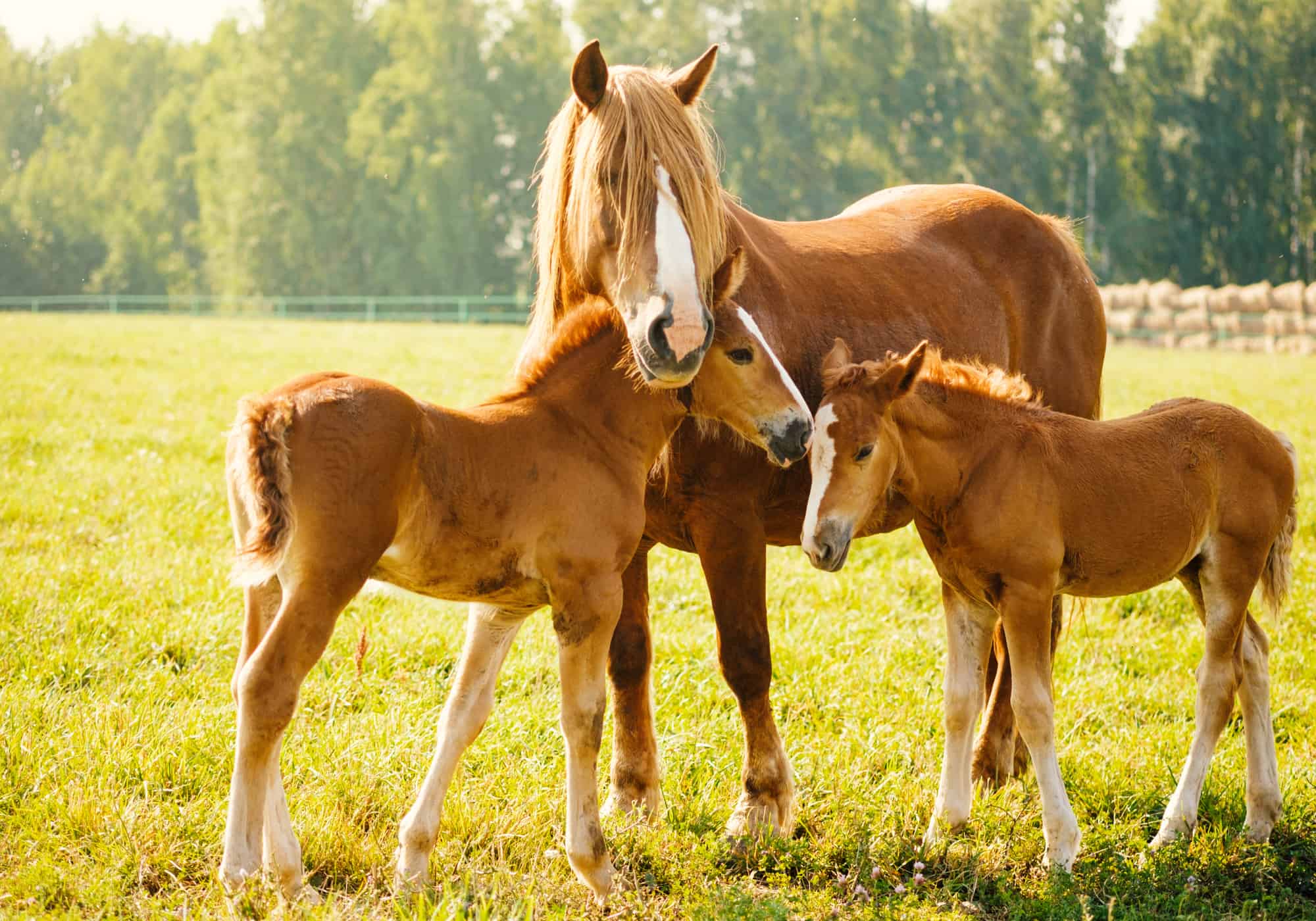
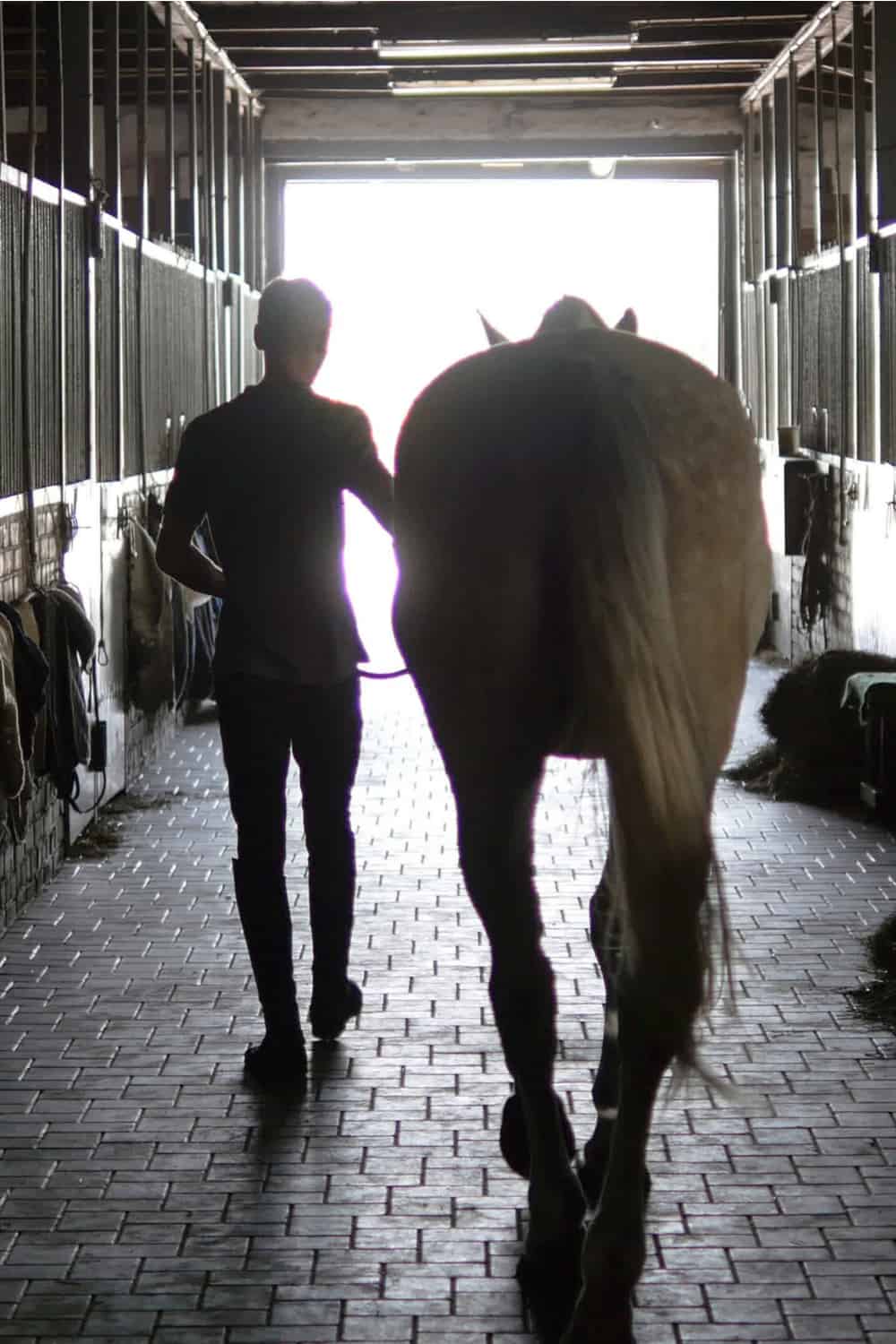
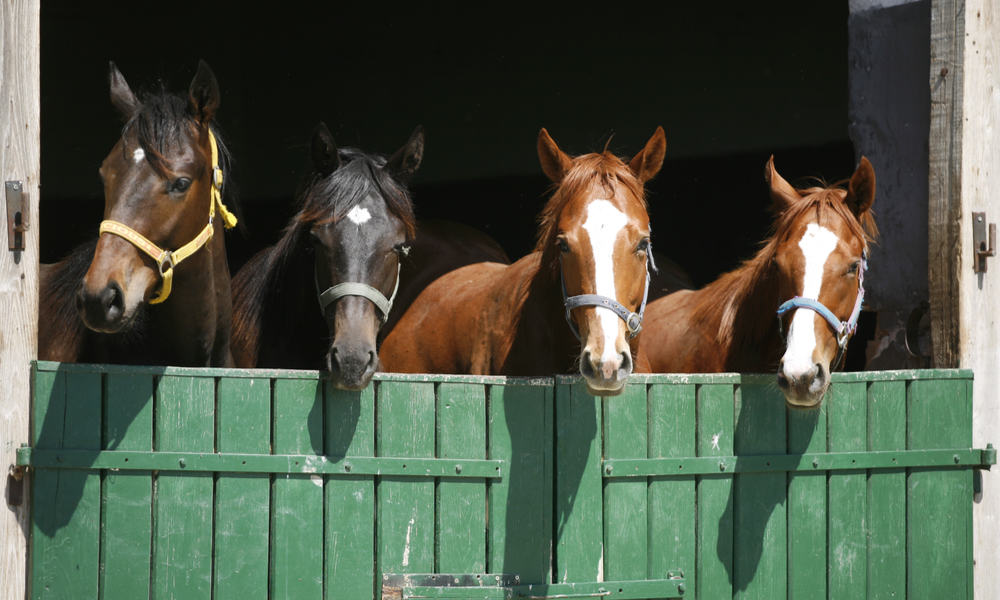
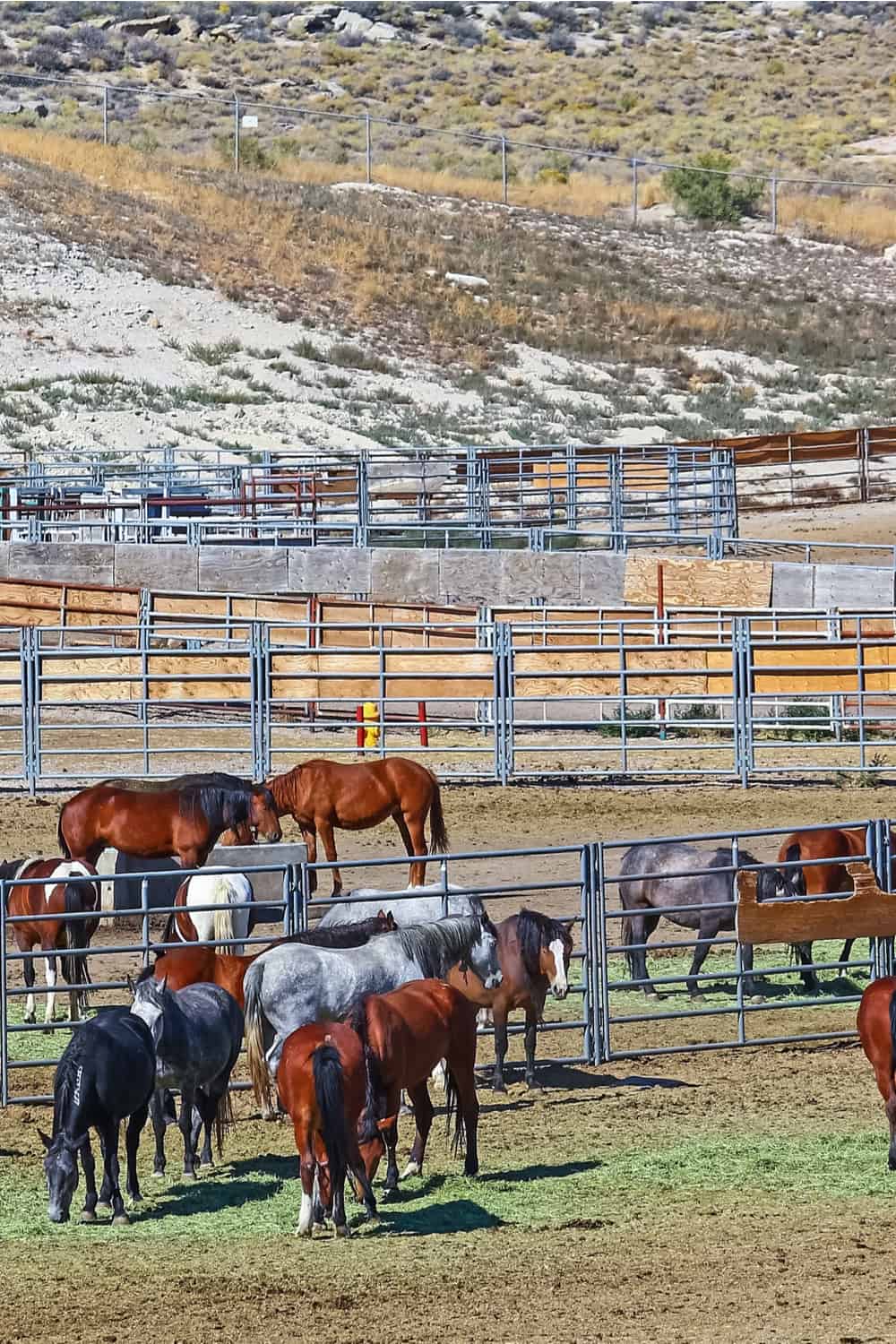
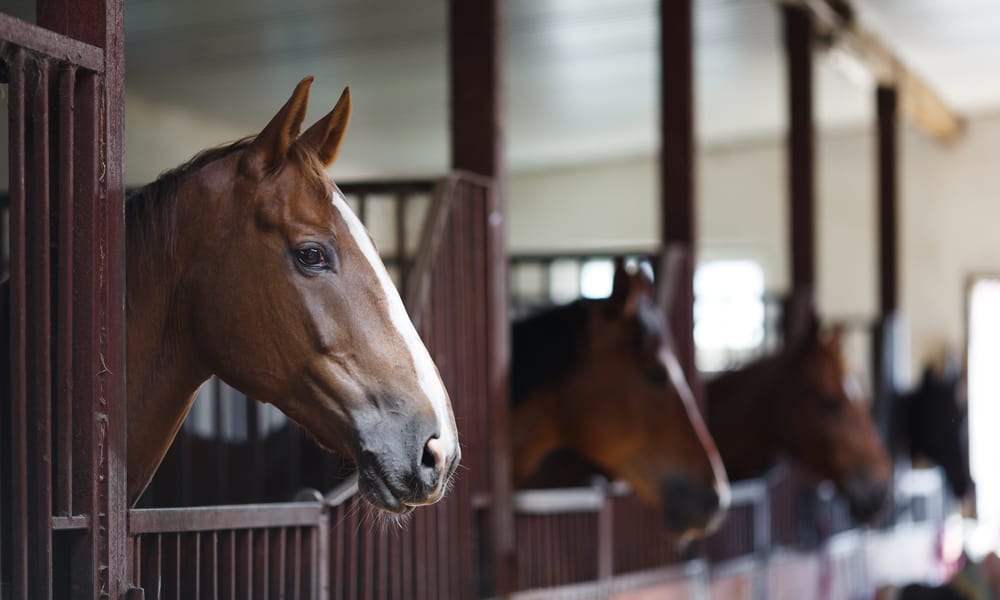
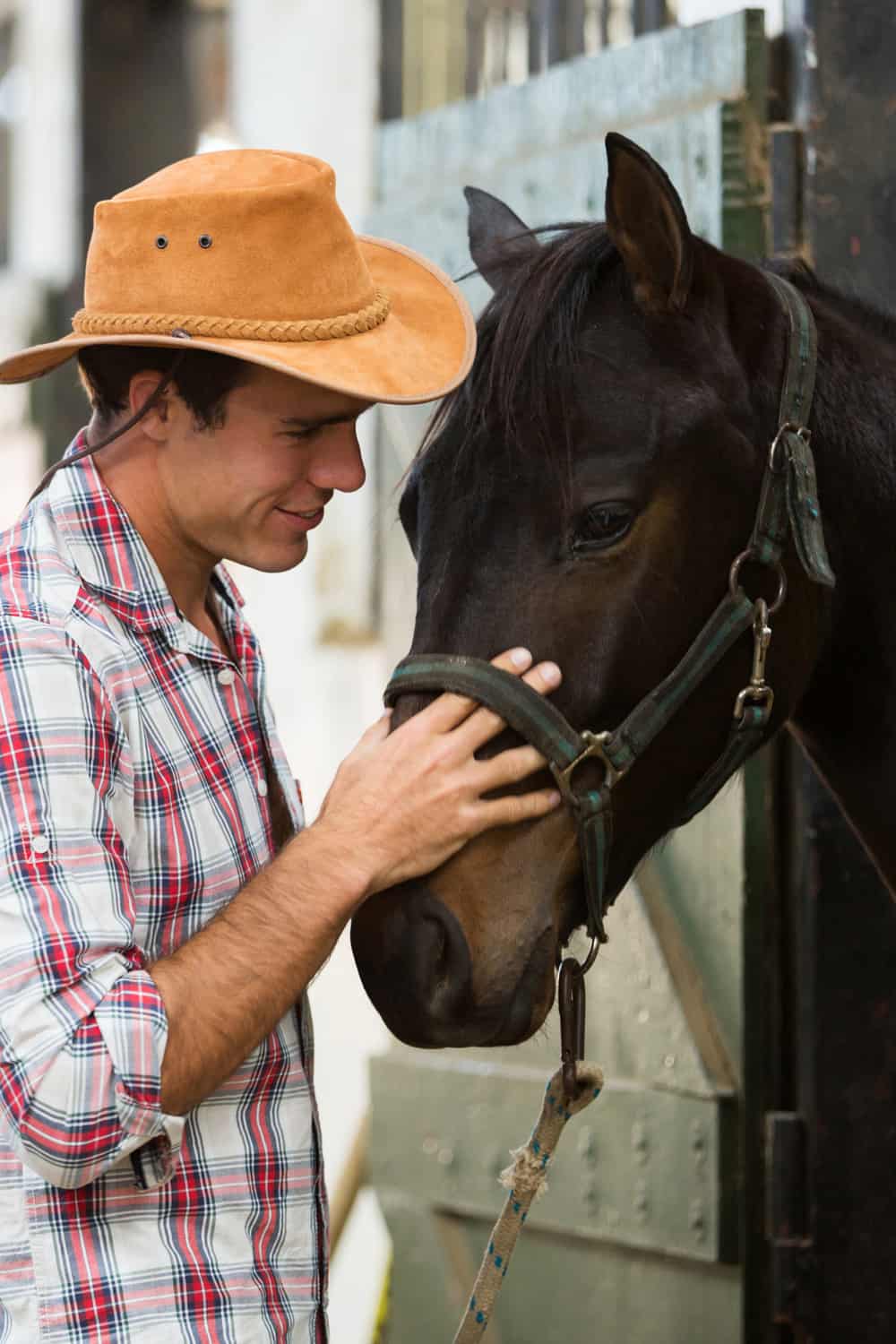
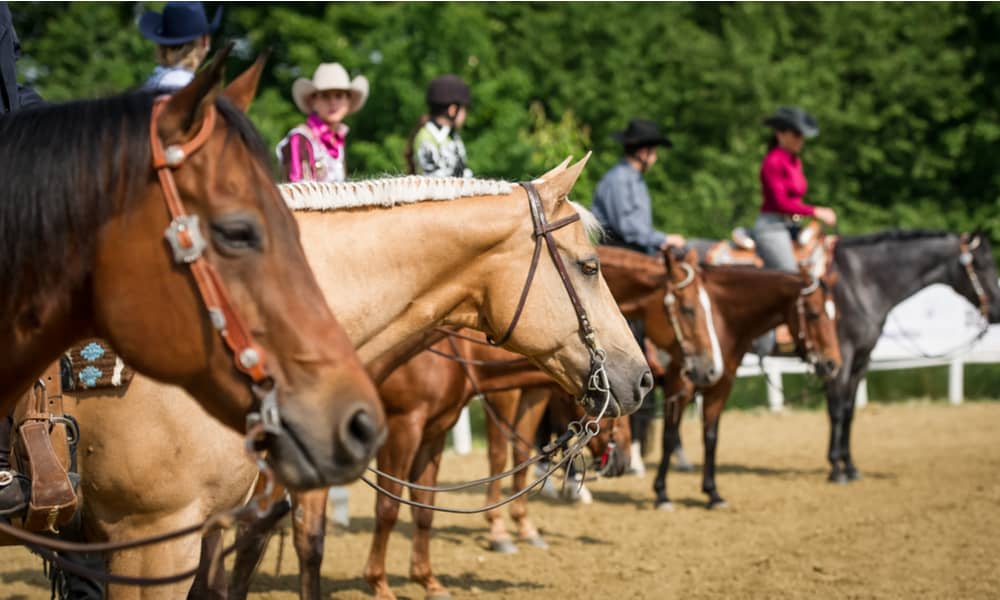

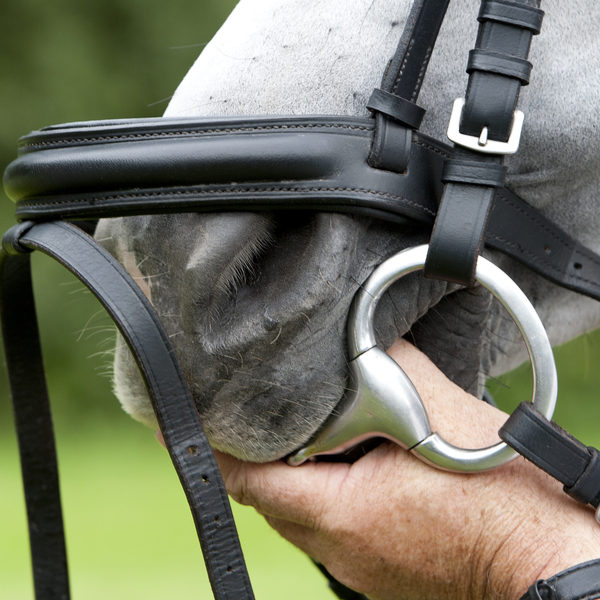
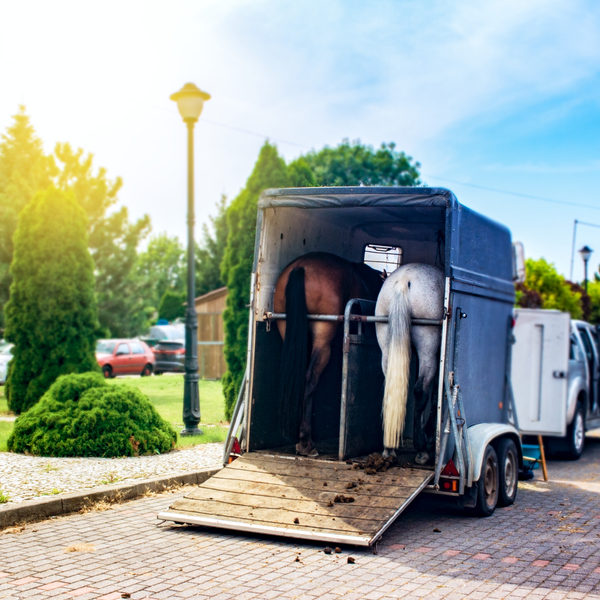
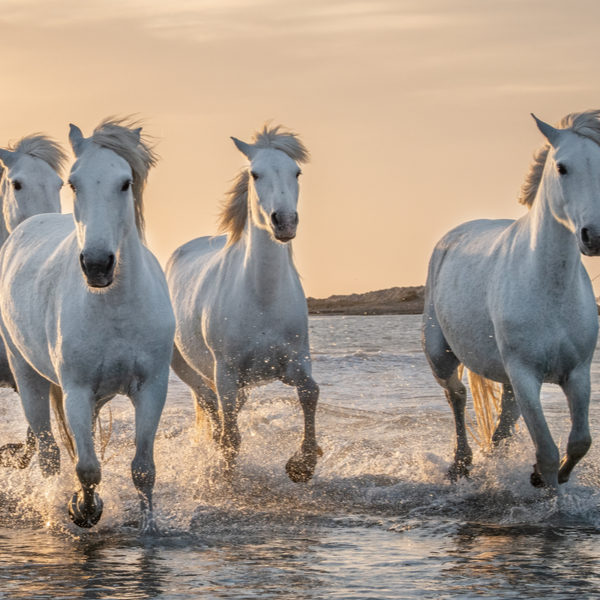

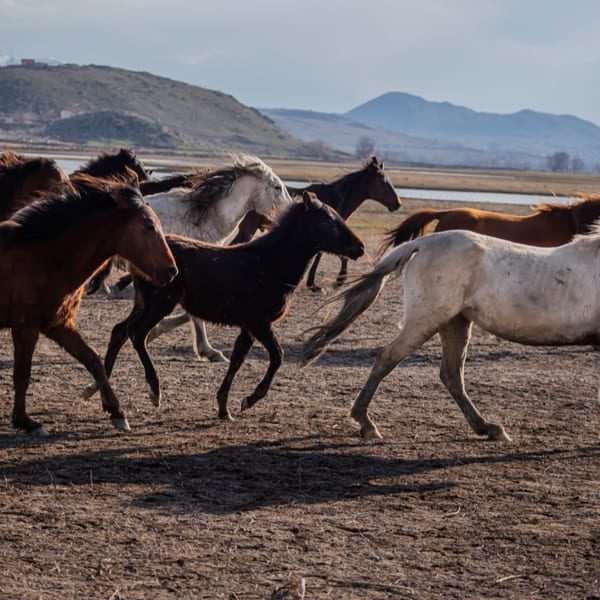
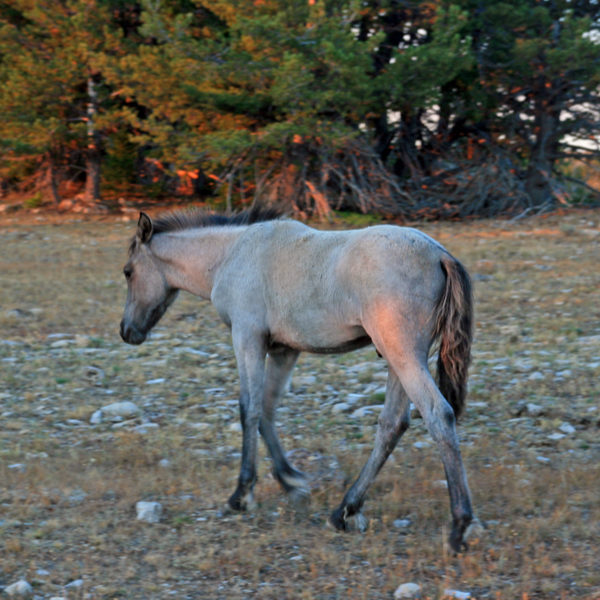
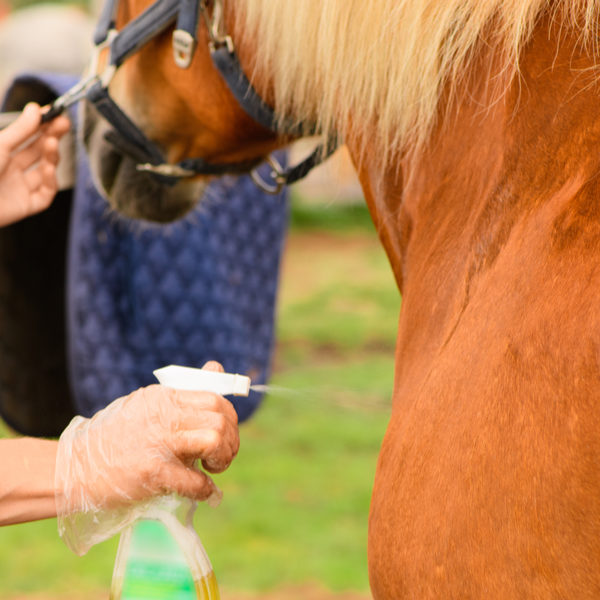
How can I get a horse from you people
How much are you selling a horse, and how can I get it from you people.